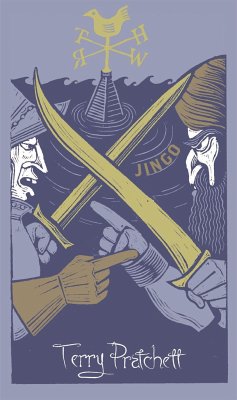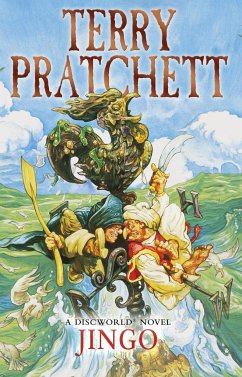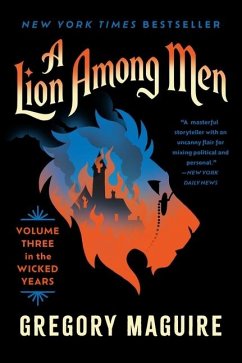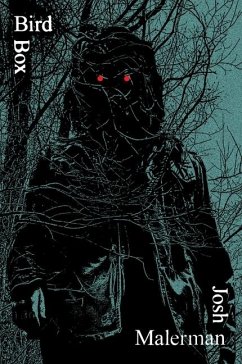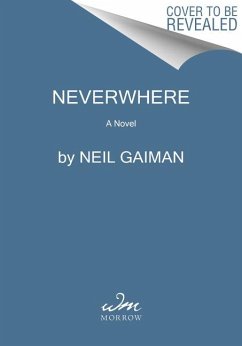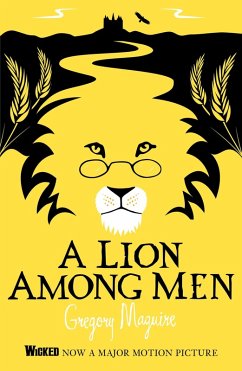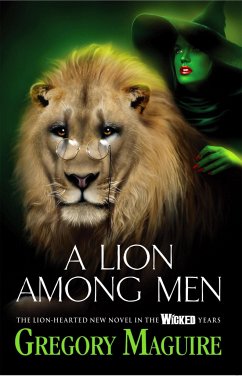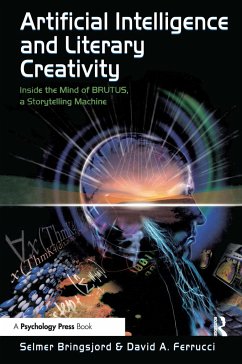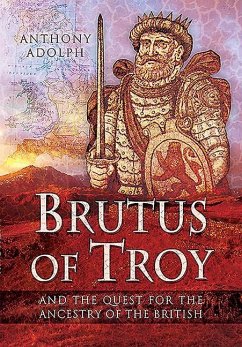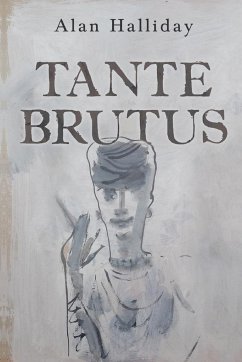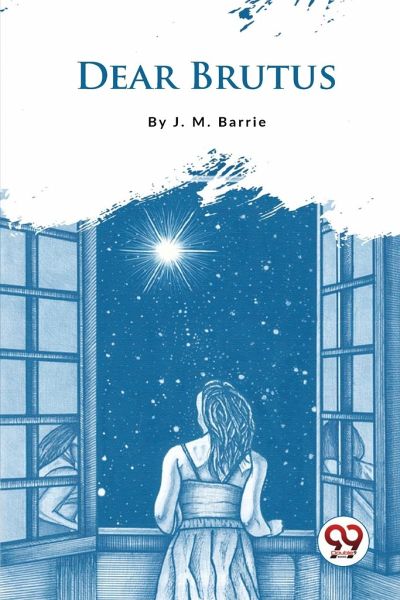
Dear Brutus
Versandkostenfrei!
Versandfertig in 1-2 Wochen
14,99 €
inkl. MwSt.
Weitere Ausgaben:

PAYBACK Punkte
7 °P sammeln!
J. M. Barrie's fantasy drama Dear Brutus from 1917 depicts the characters' transition through alternate universes and eventual return to the real world. The phrase "The fault, dear Brutus, is not in our stars but in ourselves" is taken from Shakespeare's Julius Caesar and is referenced in the title. Between 17 October 1917 and 24 August 1918, the drama was presented at Wyndham's Theatre in the West End for 363 performances. The play's central question is whether people might benefit from living their lives over again and making new decisions. The characters are unhappy spouses who all believe ...
J. M. Barrie's fantasy drama Dear Brutus from 1917 depicts the characters' transition through alternate universes and eventual return to the real world. The phrase "The fault, dear Brutus, is not in our stars but in ourselves" is taken from Shakespeare's Julius Caesar and is referenced in the title. Between 17 October 1917 and 24 August 1918, the drama was presented at Wyndham's Theatre in the West End for 363 performances. The play's central question is whether people might benefit from living their lives over again and making new decisions. The characters are unhappy spouses who all believe their lives have gone in the wrong direction. The group is escorted to the residence of an elderly man with the Shakespearean name Lob, who is referred to as "all that is left of Merry England." The philanderer is found trying a new conquest, much to the amusement of his wife and his mistress; an elderly man who had yearned for a second youth proposes again to his faithful spouse; the artist and his wife are reconciled; and the dream child of Act 2 has almost become real to both of them and lives on in their hearts.





